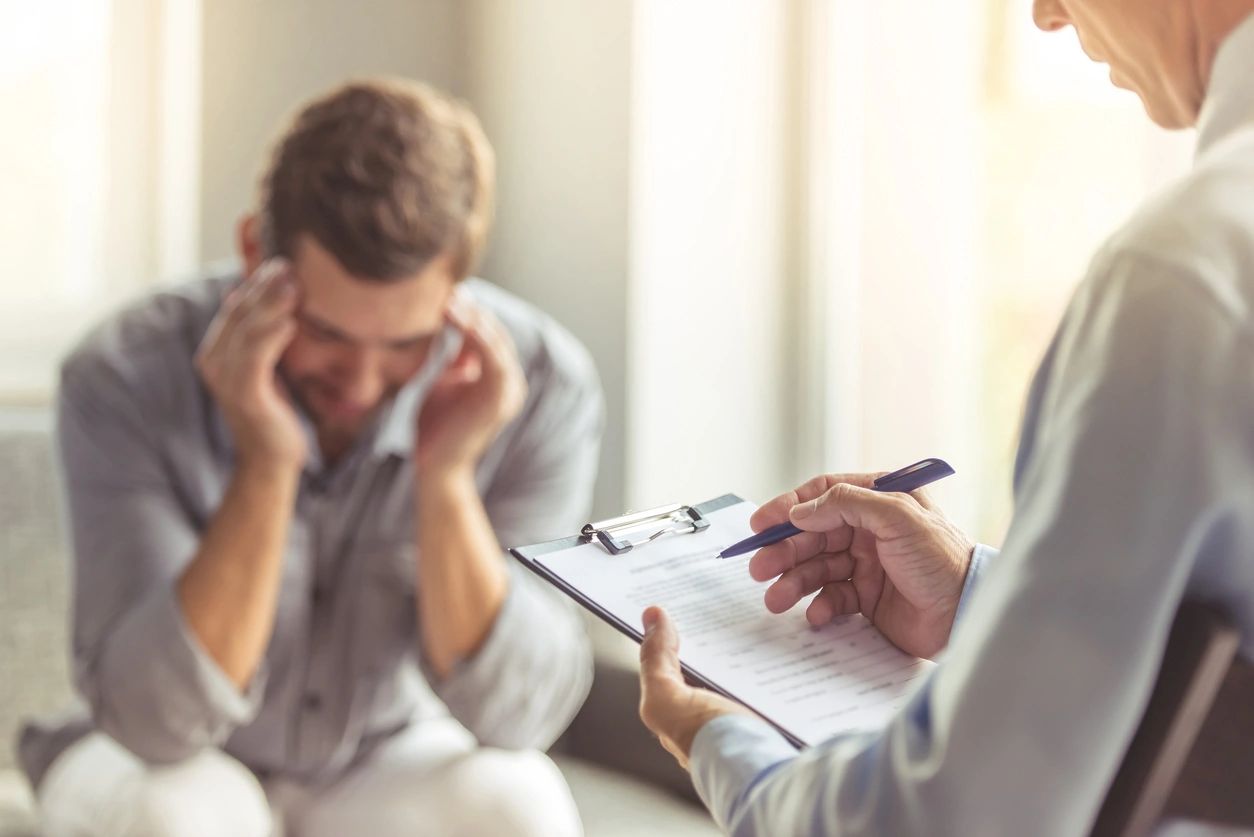In one way or the other, everyone goes through periods of deep sadness and grief. These feelings usually fade away within a few days or weeks, depending on the circumstances. But profound sadness that lasts more than two weeks and affects your ability to function may be a sign of depression.
Some of the common symptoms of depression are:
- deep feelings of sadness
- dark moods
- feelings of worthlessness or hopelessness
- appetite changes
- sleep changes
- lack of energy
- inability to concentrate
- difficulty getting through everyday activities
- lack of interest in things someone used to enjoy
- withdrawing from friends
- preoccupation with death or thoughts of self-harm
Treatment Options for Depression
Just like any other life disorder, there are therapy treatment options for depression. Victims of this unfortunate condition have many choices of clinics to settle on. For an excellent treatment for depression Seattle WA, individuals should identify with clinics that offer the following.
TMS therapy for depression
TMS is an excellent depression treatment for individuals whose conditions have been resistant to therapy, medication, and self-help. Transcranial magnetic stimulation (TMS) therapy is a non-invasive treatment that directs recurring magnetic energy pulses at the brain regions that are involved in mood. These magnetic pulses pass painlessly through the skull and stimulate brain cells, improving communication between different parts of the brain and easing depression symptoms.
While TMS may improve treatment-resistant depression, that does not mean it is the ultimate cure for depression or the permanent solution for symptoms suppression. However, it could provide sufficient improvements in victims’ energy and drive to rethink their life and begin therapy sessions. Ultimately, the victims can make lifestyle changes—such as improving diet, exercising, and building a support network—that can help preserve depression recovery in the long term.
Antidepressant medications
Depression medication may be the most advertised treatment for depression, but that does not mean it is the most effective. Depression is not just about a chemical imbalance in the brain. Medication may help relieve some of the symptoms of moderate and severe depression, but it does not cure the underlying problem, and it’s usually not a long-term solution. Antidepressant medications also come with side effects and safety concerns, and withdrawal can be very difficult. Before any patient considers using this treatment for depression, Seattle WA therapists offer it is good to consult first.
Psychotherapy for depression treatment
If there is no underlying medical cause for depression symptoms, talk therapy can be an extremely effective treatment. The lessons victims get from the treatment gives them the skills and insight to feel better and help prevent depression from coming back.
There are many types of therapy available. Three of the more common treatment methods in depression treatment include cognitive behavioral therapy, interpersonal therapy, and psychodynamic therapy. Often, a blended approach is used.
Some therapy types teach victims practical techniques on how to begin positive thinking and employ behavioral skills in combating depression. Therapy can also help patients work through the root of their depression, understand their feelings, and what they can do to stay healthy.


















